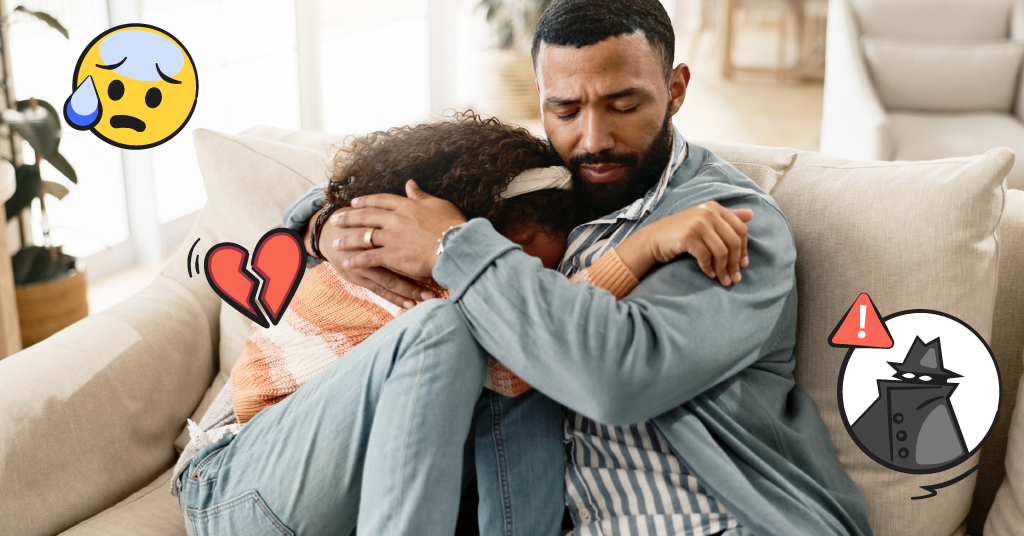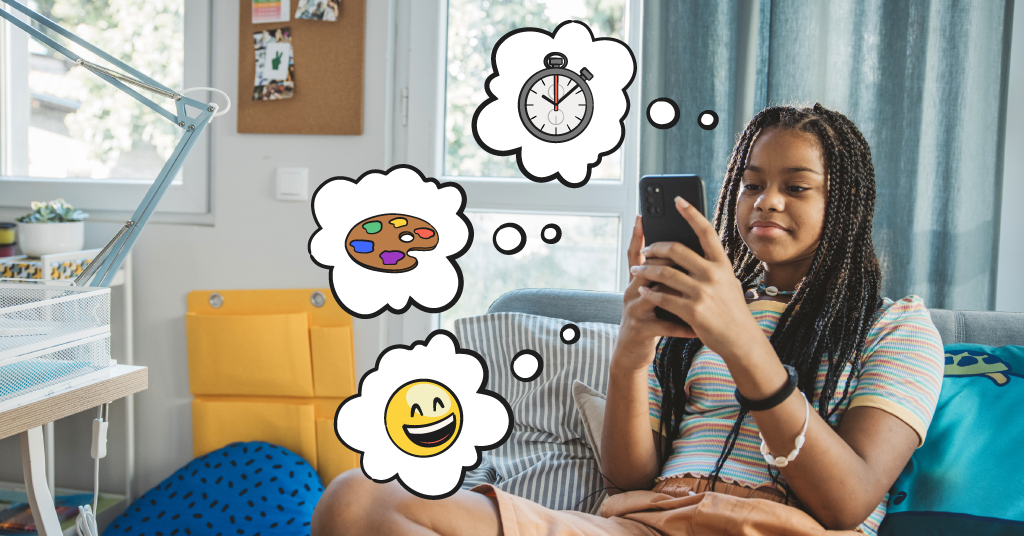
In a recent post in our Facebook group, Parenting in a Tech World, a mom recounted her experience at her kid’s sleepover rounding up all of the phones for the night. Dozens of people chimed in to give their opinion on the mom’s decision, with many parents coming out strongly either for or against it. While it may seem cut and dried at first, there’s validity to both arguments. In this post, we take a deep dive into what each side is thinking and provide a path that may satisfy both camps.
The Perks of a Phone-Free Sleepover
More socialization
Since time immemorial, sleepovers have been about excitement and fun. And while the how of having fun has changed over the years — listening to records vs. Spotify — the why hasn’t. Kids still like to play, joke, and goof around. When they’re not glued to their phones, they can connect in more authentic ways.
Fewer dangers of after-hours Googling
We all know that very little sleeping happens at a sleepover (and woe to the first kid who happens to fall asleep). In the past, sleepovers usually entailed soda, scary movies, truth or dare, and maybe even crank calling. But today, kids can instantly pull up nearly any video they can imagine, including violent or pornographic content. Many parents already know this, and it’s common for families to institute no-phones-in-bedrooms policies. This spills over to sleepovers by extension, as well.
Less social media drama
Kids no longer have to wait until Monday to find out who was at somebody’s sleepover. The entire event can now be broadcast live with photos, videos, and messages streaming nonstop. Some kids can be performatively excluded, and in other cases, cyberbullying may occur.
Why Some Kids Need Their Phones
Safety
When to give a child their first phone is a very personal choice for a parent, and it’s different for every family. No matter what someone else may think is “too young” or “too old,” all parents are trying to do the best for their child. For some, it’s about physical safety and the ability to check in no matter where they are or what time it is.
Health issues
For other families, health issues figure prominently into the decision, as in the case of life-threatening food allergies or social anxiety. When a parent finds out their child’s phone has been confiscated, it can naturally trigger fear and worry. What others believe about this kind of constant contact is irrelevant — it’s what the child and their parent have grown accustomed to, and the sudden radio silence can be shocking.
Splitting the Difference
As with many things in life, communication is key. Talk to your child and talk to the other child’s parents about their house rules.A technology contract is a good way to formalize the rules and expectations that come along with a child’s first phone — no matter where they are.
Although tech has changed tremendously in the past 20 years, think back to your own experiences with sleepovers. If a family had a trampoline, that might have been an issue. Similarly, if your child has a food allergy, that was another important conversation to have. Technology, like everything else, is something to inquire about before your kid actually sleeps over. Make it a part of your list of questions for the other parents, along with things like “Are there guns in the home? Are there pets?”
At the end of the day, it comes down to expectations and what your family can deal with. If you find out that the friend’s parents take away phones at sleepovers, and you don’t want that to happen, consider proposing a compromise. Perhaps it would be OK if your child kept their phone on vibrate in their pocket but was encouraged to not spend time on it.
Read more
Bark helps families manage and protect their children’s digital lives.







